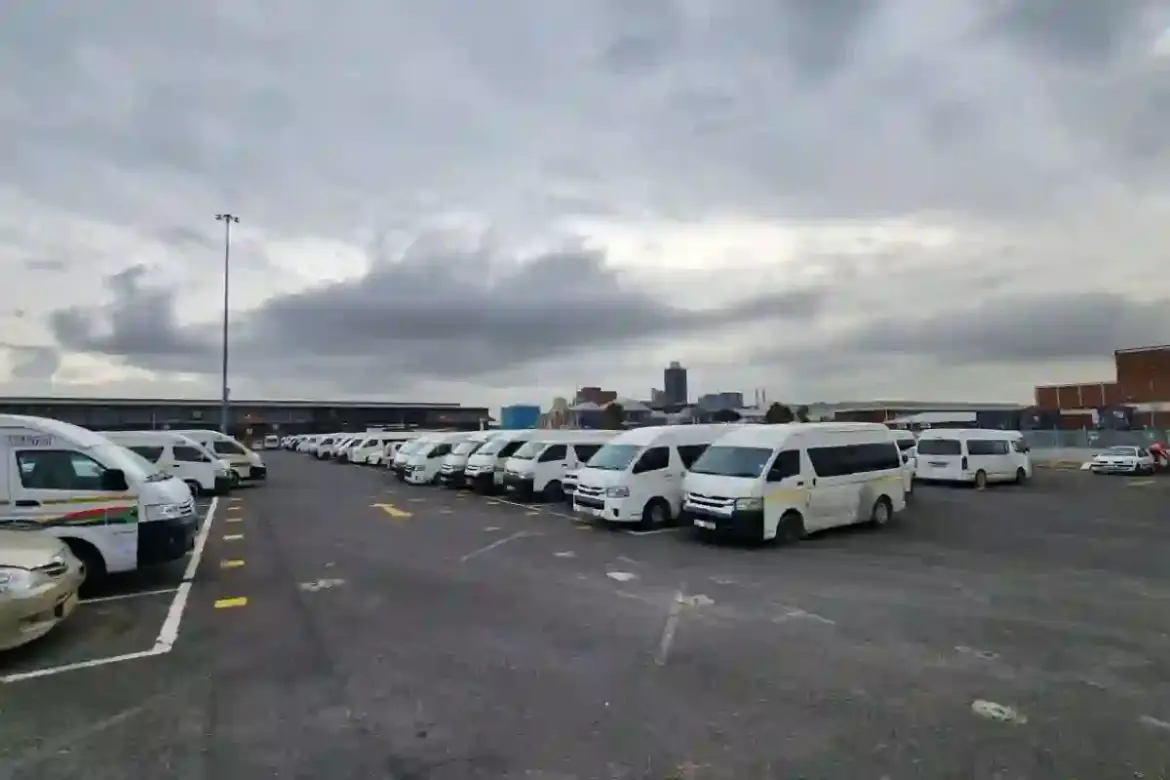For years, South Africa’s taxi industry has been dogged by accusations that it doesn’t contribute its fair share of taxes. But according to the South African National Taxi Council (SANTACO), that perception is not only wrong—it’s unfair.
The council insists that many operators do pay tax, though the structure of the industry often makes it look different from traditional businesses.
Accusations About Tax Evasion
The criticism isn’t new. Back in 2021, the Democratic Alliance highlighted a parliamentary reply that revealed the entire minibus taxi industry paid just about R5 million in tax, even though the sector’s annual revenue is estimated at a massive R90 billion.
More recently, the Organisation Undoing Tax Abuse (OUTA) repeated those concerns, calling on government to broaden the tax base by formalising both the taxi sector and the wider informal economy.
SANTACO Responds to Claims
SANTACO’s spokesperson, Mmatshikhidi Rebecca Phala, was quick to challenge those claims.
She argued that critics often misunderstand how the industry works.
“The perception is misguided and shallow,” she explained.
“Most taxi operators run their businesses as sole proprietors, which means they pay personal income tax individually rather than under a company structure.”
Phala also pointed out that the South African Revenue Service (SARS) does issue operators with tax clearance certificates, which they use to apply for and renew operating licenses.
Calls for a Fairer Tax Framework
While SANTACO maintains that operators are not dodging taxes, Phala did acknowledge one big issue—the current tax system doesn’t fully reflect how the informal sector operates.
“Currently, a large segment of the taxi industry does not participate in the greater companies’ tax regime.
The tax structure needs to be re-examined to close this loophole,” she said.
She added that the public should not view the taxi sector like a corporate giant.
Instead, it’s a collection of individuals who have grouped themselves into associations for practical reasons.
The Bigger Question
The back-and-forth highlights an ongoing debate in South Africa: how to fairly integrate informal industries like taxis into the country’s formal tax system without ignoring the realities of how they operate.
SANTACO insists that operators are paying their dues—but critics argue the numbers simply don’t add up.
